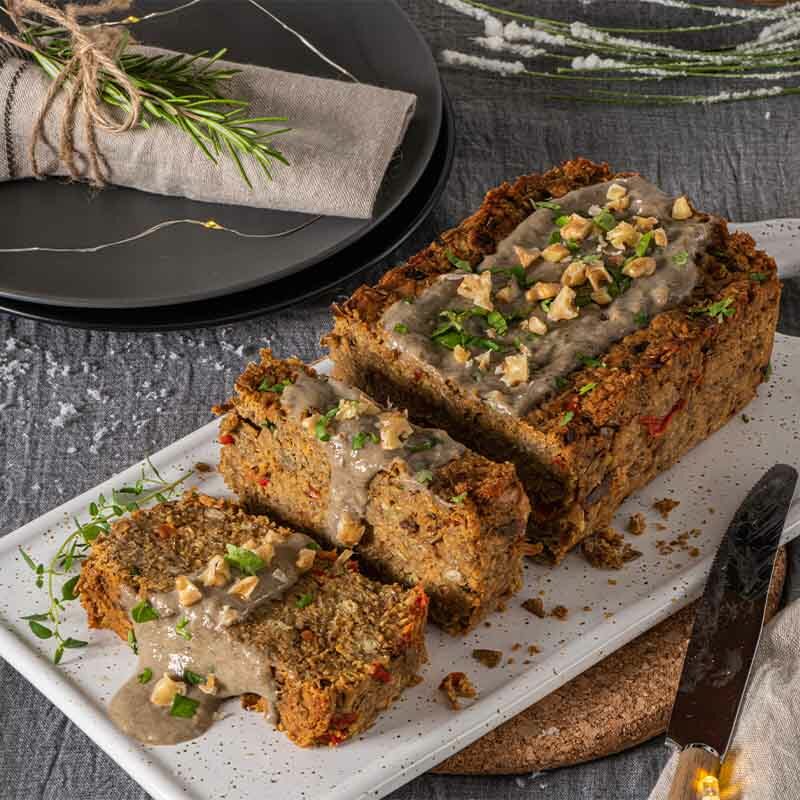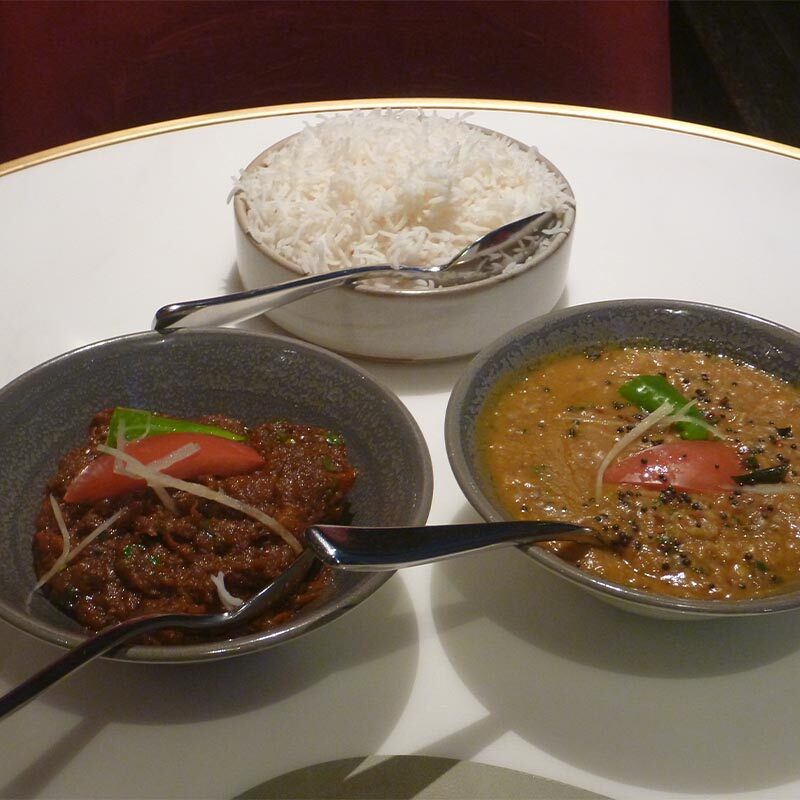
3 Tips on Reducing Food Waste – What you can do to make a difference
When it comes to the environmental impacts of our modern throwaway culture, we tend to think mainly of the impacts of plastic pollution and the need to reduce them by not disposing of –or better yet, not using– so much plastic. Far less thought tends to be given towards another very commonly disposed-of item: food. Yet the environmental costs of food waste, while less obvious than those of plastic pollution, are just as damaging in their own right.
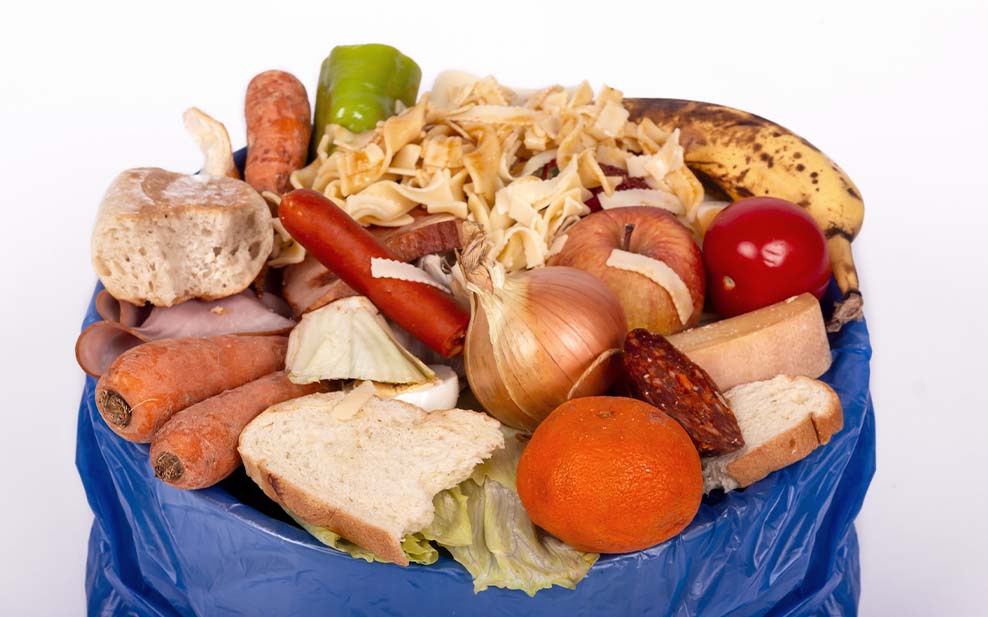
Aside from worsening the appearance and smell of the environment, food waste also has the more serious impact of releasing greenhouse gases during decomposition; particularly methane, a gas which traps over 20 times more heat than carbon dioxide. Because we throw away so much food –1.3 billion tonnes per year– it’s been estimated that if global food waste were a country, it would be the third biggest greenhouse gas emitter in the world behind China and the USA.
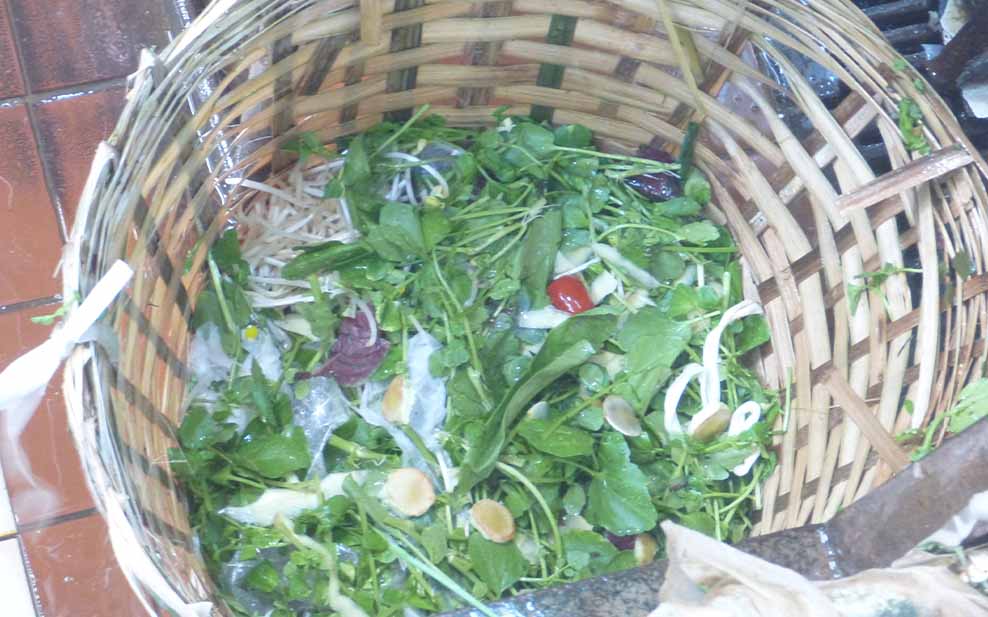
Hong Kong has a particularly big food waste problem. Up to 40% of the city’s food goes uneaten and constitutes a significant proportion of its total waste. According to the Environmental Protection Department (EPD), in 2019, 30% of the 11,057 tonnes of solid waste disposed of in local landfills daily was food waste. At current rates of food waste disposal, it is estimated that Hong Kong’s landfills will soon not have space left for any of its other waste.
Clearly, food waste is a burgeoning environmental crisis. Fortunately, it is also one of the easiest to tackle, with potentially major benefits. A 2016 pledge by the Scottish government to reduce food waste by 33% by 2025, if accomplished, is estimated to prevent the release of over 1.1 million tonnes of greenhouse gases. In Hong Kong, concerted efforts even by individuals to do something similar could make a drastic difference, as two thirds of the food waste generated here comes from households.
WELL, here are some tips on how to cut back on food waste.
1. Compost
If you like to grow plants, one of the best ways of reducing food waste is to turn it into compost, which can reduce household food waste by as much as 30%. That is, to allow it to decompose into a nutrient-rich humus which your plants can easily absorb for their growth.

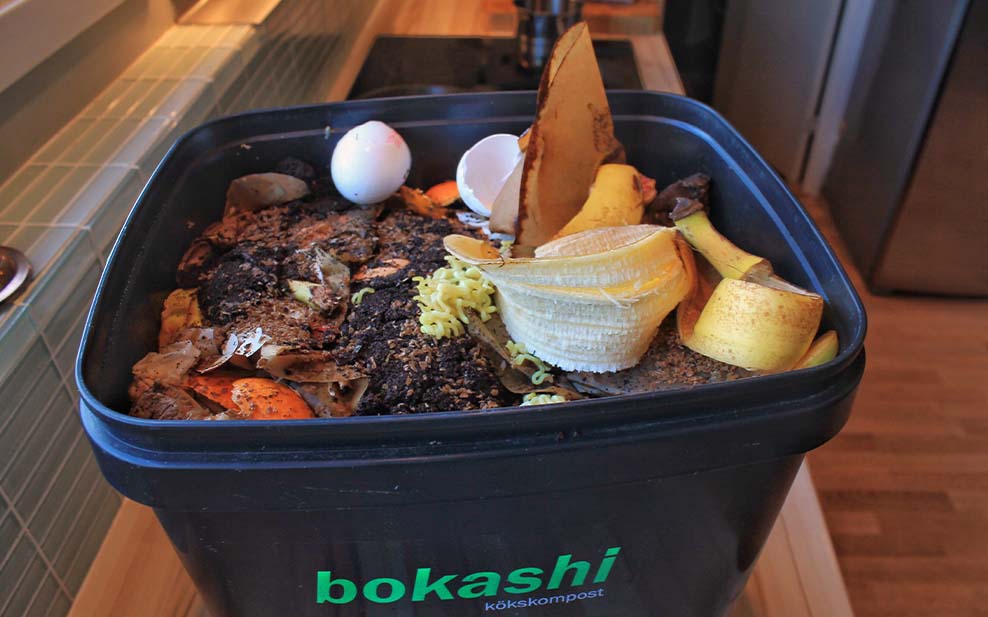
To do this, first find a container (a simple bin will do) with a well-fitting lid –to keep the smell in and the cockroaches out–to place your food scraps in. Conventionally, this mostly constitutes eggshells, coffee grounds, vegetables and non-citrus fruits, but if using a special bokashi bin, one can also compost meat, fish and cheese too. Try cutting food scraps into small pieces for faster decomposition. It is also important to ensure a healthy balance between high-carbon and high-nitrogen items in the compost (see here for more details).
While waiting for the food scraps to sufficiently decompose, make sure that they stay moist (but not too wet) and well covered. Every two weeks or so, mix the compost to expose it to oxygen and speed up decomposition. Consider also keeping eggshells aside and crushing them into small fragments (more on this later).
After at least five weeks, check that your compost is ready. If so, it should have a dark colour, a smooth, crumbly texture and a sweetly fragrant smell. Mix with the crushed eggshells to neutralise any acids in it and then mix it into the soil of your plants.
2. Donate to charity
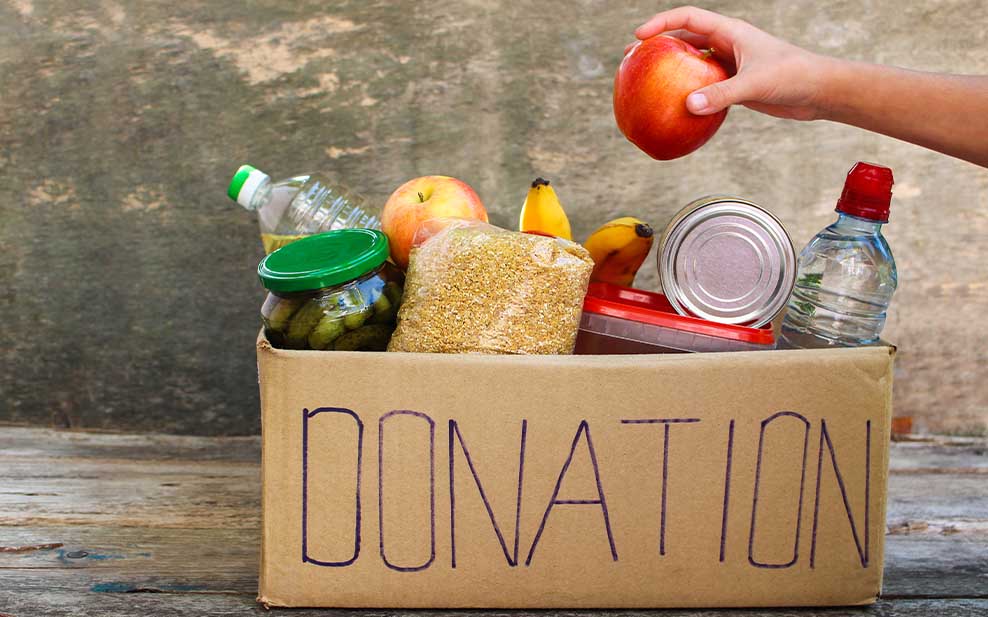
Wasting food –often while it is still edible– is not only an environmental sin, but in a world where roughly 821 million people do not have enough to survive, it is also a moral one. In Hong Kong, over 1.4 million people live below the poverty line, making its massive food waste problem all the more outrageous.
Fortunately, there are those working to address this. One of the food waste reduction strategies used by the government’s Food Wise Hong Kong Steering Committee is promoting the donation of excess food by the commercial sector to charities. There are also non-governmental groups like Feeding Hong Kong, which actively collects food that would otherwise be discarded from food producers, manufacturers and retailers –including Wellcome, Pizza Express and Pret– and redistributes it to charities that ensure that it goes to food banks and low-income communities.
If you are a food business, you can apply to donate excess food to Feeding Hong Kong on their website. You can also donate products and services like vehicles, packaging, equipment and warehouse space to help minimise the administrative costs of their operations. Alternatively, if you’re an individual, you can either donate money to or else volunteer with them to collect, sort and deliver food.
3. Buy less. Buy smarter. Eat more
One of the reasons for the creation of food waste is because people buy more food than they really need, which then goes on to sit uneaten and rotting. To prevent this, plan your meals ahead of time, planning when you will eat them, listing the exact quantities of ingredients you will need and buying accordingly.
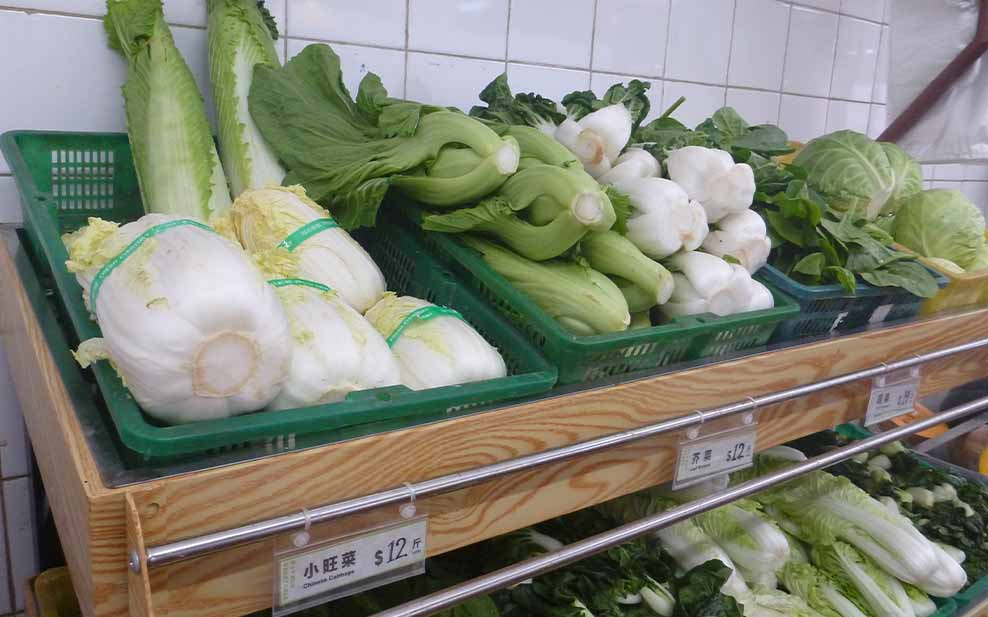
Buying locally instead of from supermarkets is also a good way to reduce your (indirect) contribution to the food waste problem. Long distance transport, in addition to emitting large amounts of carbon, exposes food to conditions that can reduce its aesthetic value, such as suboptimal storage temperatures that cause it to wilt or melt. Because supermarkets have very strict standards as to the appearance of the food they sell, anything that doesn’t meet those standards is thrown away, even if it is otherwise perfectly fine to eat. Buying from within your local area on the other hand –including, if possible, directly from the farm– allows you to be the judge of what is good enough to buy, whether it’s picture-perfect or not.
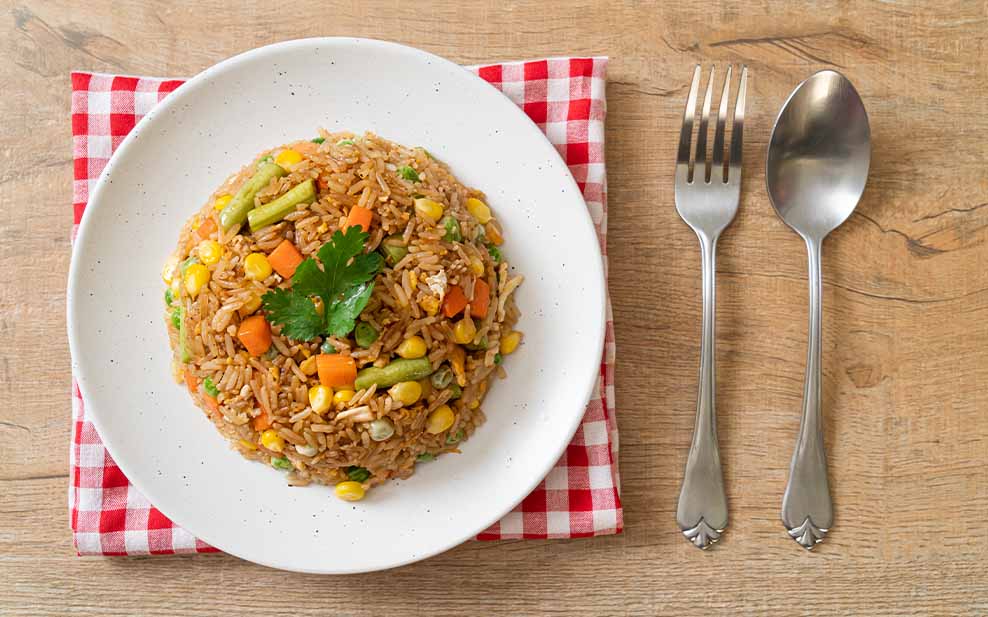
Another option is to turn that which you otherwise might throw out into a whole new meal. Leftover plain rice, for instance, can be very easily turned into fried rice with some soya sauce and a few vegetable chunks. But even things that you might think could only be destined for the rubbish bin, like vegetable stems, leaves and fruit peels, can be repurposed into meals. Vegetable peel pakora, anyone?
Other methods
Broadly speaking, the aforementioned tips cover most of the more accessible and/or well-known strategies for reducing food waste. However, they are not the only ones. Others include freezing food to increase its shelf life (yes, including things like eggs and cheese) or the age-old method of pickling. Certain foods like bananas, tomatoes, peaches and pears also release ethylene gas as they age that in turn hasten the decomposition of other foods, so be sure to familiarise yourself with these foods and separate them accordingly.
Do you have tips or suggestions on other ways to reduce food waste? Shoot us a message at info@wellmagazineasia.com
For some Hong Kong-specific tips on composting, check out this article from Green Queen: https://www.greenqueen.com.hk/hong-kong-complete-composting-guide-ways-to-compost-your-food-waste/
Written exclusively for WELL, Magazine Asia by Thomas Gomersall

Thank you for reading this article from WELL, Magazine Asia. #LifeUnfiltered.
Connect with us on social for daily news, competitions, and more.

